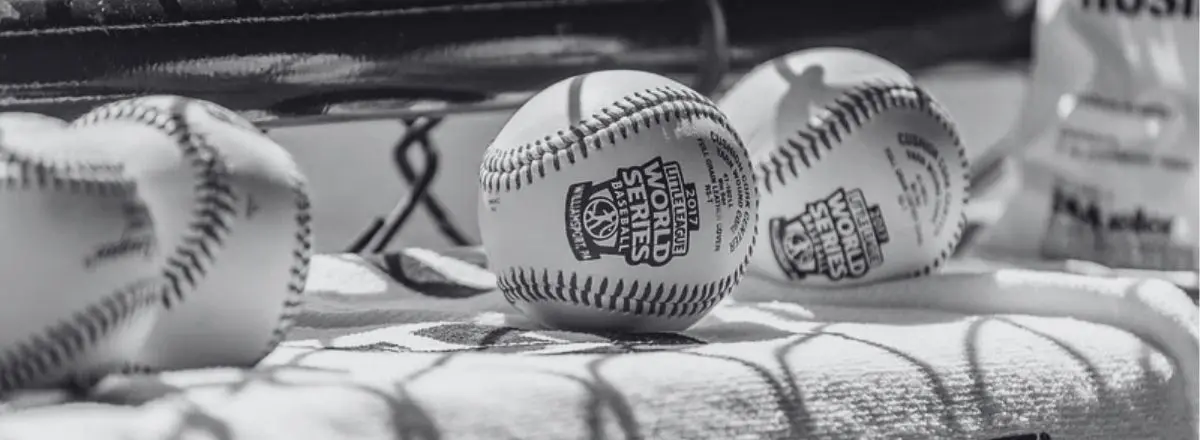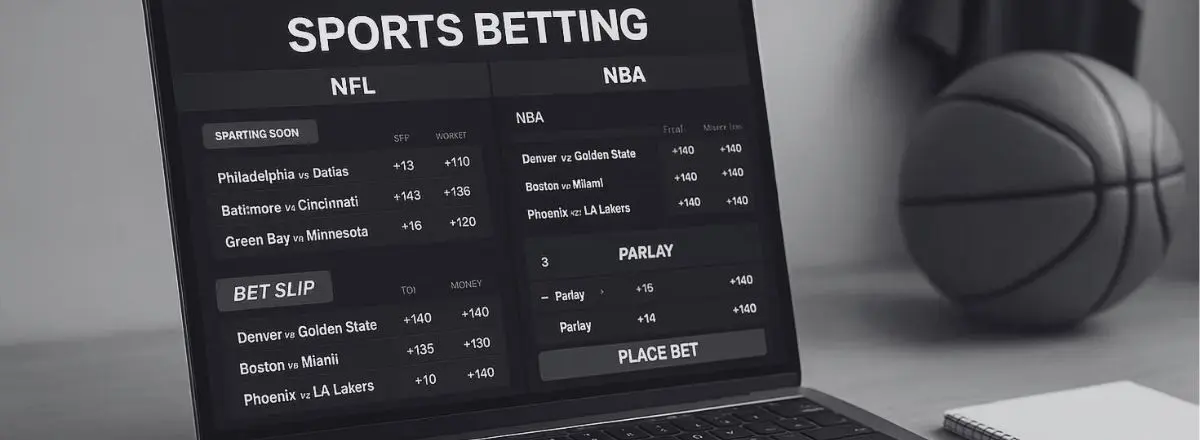If you’ve ever wondered whether Little League World Series betting lines would be made available, well, you can stop wondering. They are. Or rather, they were.
The 2025 Little League World Series is in full swing, and to the surprise of many, gambling on it has proven infinitely accessible. This has, of course, sparked a great many responses about the ethics of betting on kids who are no older than 12. Most of them offer a scathing indictment on Little League World Series betting. This includes Dave Bogan, the manager of South Carolina’s participating team.
“I’m not a fan,” he said, while also admitting he goes to Las Vegas twice each year, per Amanda Vogt of the Associated Press. “It’s just not appropriate, it feels dirty, quite honestly.”
Bogan’s sentiments echo many of the other opinions being shared across media outlets and platforms. In fact, managers of teams in the United States banded together and offered the following statement on Little League World Series betting:
“Little League is a trusted place where children are learning the fundamentals of the games and all the important life lessons that come with having fun, celebrating teamwork, and playing with integrity. No one should be exploiting the success and failures of children playing the game they love for their own personal gain.”
Once again, this aligns with consensus. Even people who support the rising popularity of online sports betting in the United States generally seem to think wagering on events featuring pre-teens is unsavory. And yet, as it turns out, it is not exactly new.
Little League Sports Betting isn’t the Only Gambling on Youth Sports Taking Place
While the current uptick in betting on the 2025 Little League World Series has shined a spotlight on the practice, experts are quick to note this isn’t something specific to the LLWS. As Vogt reports:
“Jon Solomon, the community impact director of Project Play, an initiative of the Aspen Institute’s Sports and Society program, said there are negative effects on young players whose games are the subject of betting. Such wagering, he says, is fairly common. In 2018, Project Play surveyed Mobile County, Alabama, and found that ‘26 percent of surveyed youth said they had played in a game where adults bet money on who won or the final score,’ according to its State of Play report.
The report said that tackle football, basketball and baseball were more likely to be gambled on by adults according to the children surveyed. ‘This is just, you know, bets that usually sort of happen, maybe at the field, or in the gym,’ Solomon said in a phone interview. ‘Kids are already facing a lot of pressure in youth sports these days. It is a highly commercialized industry with a lot of people already making a lot of money.’”
Many of these wagers seemingly take place in passing, perhaps between parents taking in the games. It’s not as if the most highly reviewed online sportsbooks are accepting wagers on a church youth association’s basketball game in South Carolina.
Of course, these offshore sportsbooks available in the United States do offer Little League World Series betting. Heck, the Amateur Athletic Union (AAU) is more popular than ever. You would be hard-pressed to find a professional athlete from the USA who didn’t participate in AAU events growing up. Those are contests sure to draw gambling interest, not unlike Little League World Series betting.
This is Among the Concerns Driving South Carolina Sports Betting Hesitance
None of this is to say Little League World Series sports betting or wagering on other youth sports should be considered right. There is definitely a moral gray area, at the very least. Regardless of where you land on the matter, though, it will be ingrained into sports betting discussions across the country.
This includes talks over the future of sports betting in South Carolina. The safety of amateur athletes is among the primary concerns shared by skeptics. This list of issues also includes legal sports betting’s impact on problem gambling, and its adverse economic effects on certain segments of the population.
Still, the sector of amateur sports is up there as well. We aren’t just talking about Little League World Series sports betting, either. This applies to betting on all college sports.
Multiple studies have shown a noticeable increase in reported online harassment of collegiate athletes since the widespread legalization of sports betting. Now, this could also coincide with the proliferation of social media and the anonymity it grants harassers. But there’s a clear upswing in the number of high-profile college athletes who have received menacing direct messages specifically in response to lost wagers.
This Issue will Definitely Impact Future Discussions in South Carolina
This is a huge reason why NCAA President Charlie Baker is a known proponent of banning prop betting on collegiate athletes. This stance isn’t meant to imply pro athletes should deal with this kind of thing. But there’s a slight difference when you’re profiting off sports betting. The NIL rights have afforded amateurs a chance to capitalize on their name. They have not directly let them make money off sports betting. That’s more of a collectively bargained issue between players’ union and pro leagues.
All of which is to say: The future of South Carolina is inextricably tied to issues or perceived problems like Little League World Series betting. The act may not be new, but the attention it’s receiving certainly is. Moving forward, it will be nothing if not a factor should The Palmetto State ever revisit the legalization of sports wagering.
Take a look at this list of the top online sportsbooks so you can find one that works for all of your sports betting needs:









